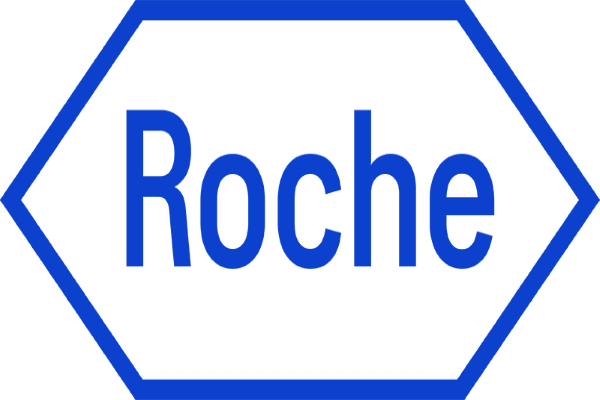PiaSky advances C5 inhibition through innovative recycling technology, which enables its monthly SC administration

Roche announced that the European Commission has approved PiaSky (crovalimab), a novel recycling monoclonal antibody that inhibits the complement protein C5, for adults and adolescents (12 years of age or older with a weight of 40 kg and above) with paroxysmal nocturnal haemoglobinuria (PNH) who are either new to, or have been previously treated with C5 inhibitors.
PNH is a rare and life-threatening blood condition where red blood cells are destroyed by the complement system – part of the innate immune system – causing symptoms such as anaemia, fatigue and blood clots, and potentially leading to kidney disease.
“People with PNH are often burdened with life-long, frequent intravenous infusions with time-consuming clinic visits, meaning that their lives, as well as their caregivers’ and families’ lives, may revolve around the demands of their treatment,” said Prof. Alexander Röth, M.D., Head of Classical Haematology and Haemostasis at the West German Cancer Centre, University Hospital Essen, Germany.
“More flexible treatment options such as PiaSky, which are just as effective but less frequent and can be given more quickly at home, are essential to give people with PNH greater control over their treatment and more independence.”
PiaSky is the first monthly subcutaneous (SC) treatment for PNH in the European Union, with the option to self-administer following adequate training.
“The PiaSky approval brings a new option to the PNH treatment landscape, combining the disease control achievable through C5 inhibition with a cutting-edge recycling technology that enables monthly subcutaneous administration,” said Levi Garraway, M.D., Ph.D., Roche’s Chief Medical Officer and Head of Global Product Development. “We are pleased to bring this new treatment to people with PNH in Europe with the hope it may lessen the treatment burden faced by many living with this condition.”
PiaSky is the first monthly SC treatment for PNH, approved in multiple territories around the world, including the US and Japan, based on results of the COMMODORE studies. It is being investigated in a broad clinical development programme, including five Phase III studies and three earlier phase studies in complement-mediated diseases, including PNH, atypical haemolytic uremic syndrome and sickle cell disease.

Subscribe To Our Newsletter & Stay Updated